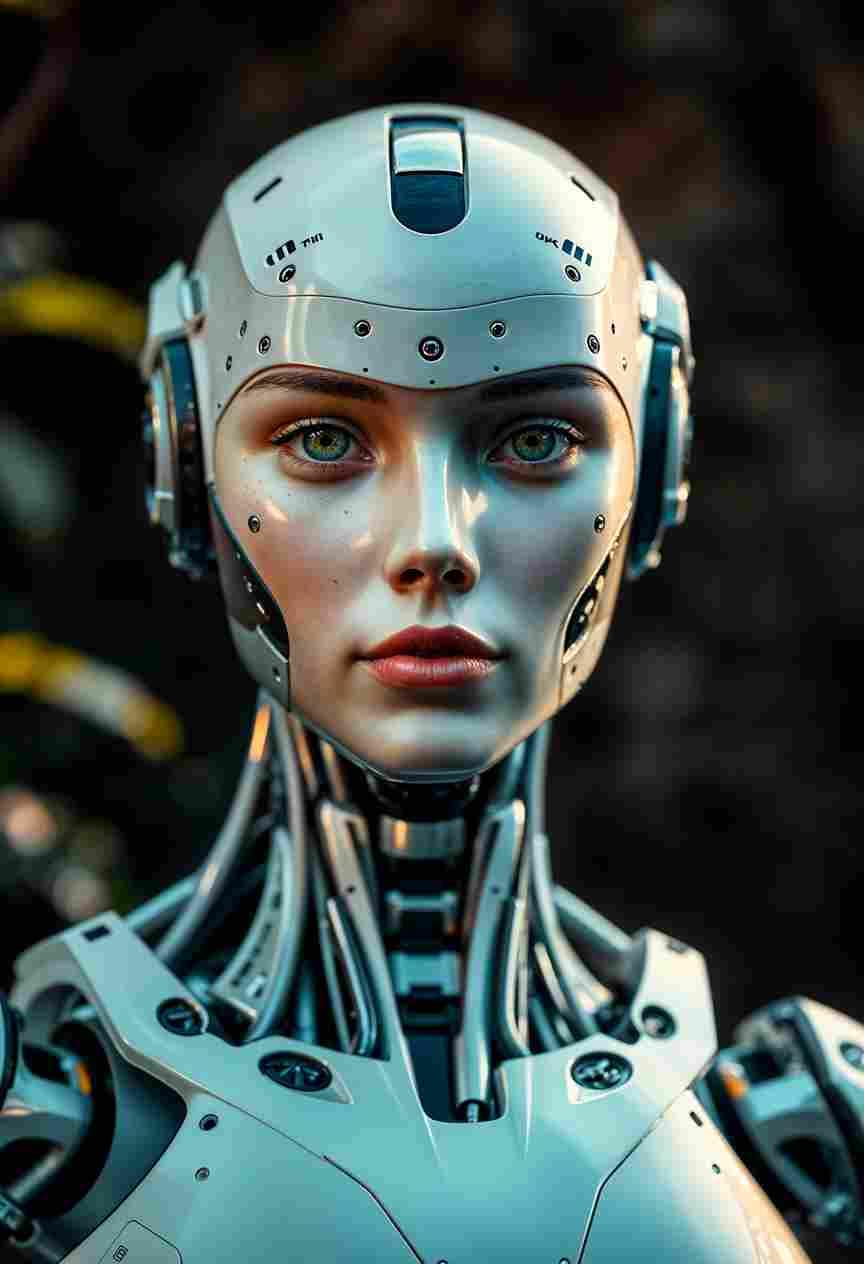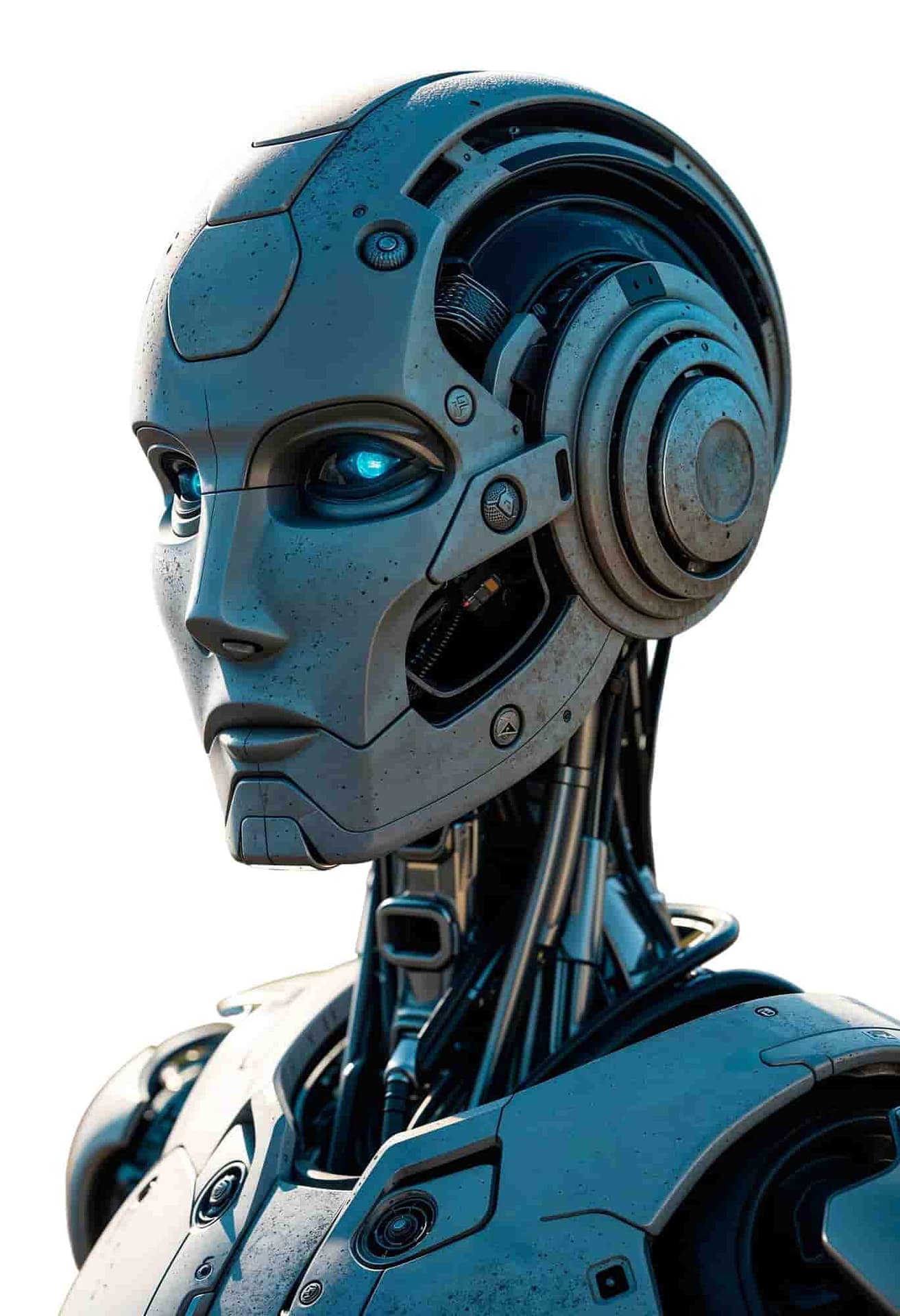Automation has been a constant throughout the modern history of industry and services. From the first automated assembly lines to today's intelligent systems, each advancement has transformed the way we produce, consume, and live. In 2025, multifunctional robots mark a turning point in this evolution, combining artificial intelligence, adaptive capabilities, and operational versatility to redefine work, home, and urban environments.
Industrial robots that assemble, inspect, and transport materials.
Medical assistants that disinfect areas, deliver medications, and assist in telemedicine.
Domestic robots that clean, monitor, and act as personal assistants.
Multifunction drones for logistics, security, and environmental monitoring.
Robots are now capable of interpreting natural language, generating responses, and adapting to unforeseen scenarios thanks to generative AI, enhancing their interaction with humans and their ability to make autonomous decisions.
Cobots work side by side with people, sharing spaces and tasks. In 2025, their ability to detect emotions, assess real-time risks, and adapt their behavior allows them to integrate seamlessly into human teams.
From hotels with robot receptionists to supermarkets with autonomous assistants, service industries are incorporating multifunctional robots to manage customer service, internal logistics, and security.
Robots with interchangeable components are becoming popular, allowing for arms, sensors, or tools to be swapped depending on the required task — optimizing resources and reducing costs.
Robots are becoming key allies in sustainability efforts: monitoring crops, managing smart waste systems, and supporting environmental conservation projects.
While some routine jobs are automated, new opportunities are emerging in robot maintenance, programming, data analysis, and ethical supervision of autonomous systems.
Companies adopting multifunctional robots increase their responsiveness, reduce operational times, and minimize errors, creating a significant competitive advantage.
New services like Robotics-as-a-Service (RaaS) are emerging, where companies rent robots on demand, reducing acquisition and maintenance costs.
The widespread use of robots raises debates about privacy, employment, safety, and autonomous decision-making, requiring updated regulations and active social oversight.
Multifunctional robots in 2025 represent much more than automated tools — they are intelligent systems that interact, adapt, and learn in complex environments. Their massive incorporation will radically change production processes, services, and social dynamics, marking the beginning of an era where human-robot collaboration becomes an essential part of daily life.
The question is no longer if multifunctional robots will be part of our lives, but how we will integrate them ethically, safely, and efficiently to enhance well-being and global economic development.


Don't be left behind in technological evolution.
Discover how these solutions can transform your business and improve the quality of life of your customers and employees.
At Alpes Solutions, we support you in your technological evolution, integrating multifunctional robots and advanced automation that boost efficiency, reduce costs, and modernize your business model.
👉 Contact us today and take the next step toward intelligent automation.

We are a company that drives digital transformation with software solutions, mobile applications, AI, automation and customized IT services.
CONTACT USCopyright © 2013- Alpes Solutions LLC. All Rights Reserved